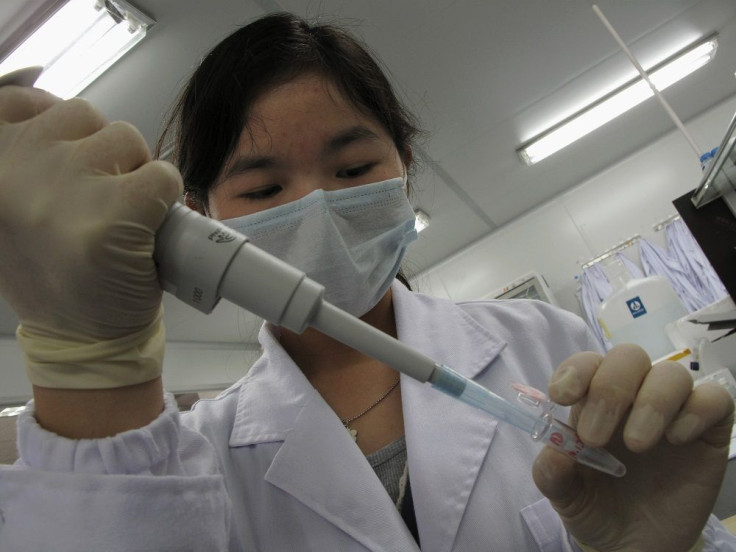Ethics committee allows British scientists to genetically modify human embryo

Another European country made major changes to its human embryo policy, amid the approval by The Netherlands of the creation of human embryos and the controversy generated by reports that American scientists are experimenting with chimeras.
The Telegraph reports that the Francis Crick Institute would soon start preparatory work on genetically modifying human embryos after it received on Friday the green light from the Cambridge Central Research Ethics Committee. The go signal was the result of approval given in early 2016 by the Human Fertilisation and Embryology Authority.
With the thumbs up, Dr Kathy Niakan of the institute could use a gene editing technique on excess embryos donated by patients going through fertility treatment who have given their consent. Niakan said in January that the experiment aims to provide hope to prospective parents for the study to better understand the genes needed for an embryo to develop into a healthy baby.
The researchers want to find out if a faulty genetic code is the culprit behind half of eggs not fertilising properly. “Miscarriage and infertility are extremely common but they are not very well understood. We believe that this research could improve our understanding of the very earliest stages of human life,” explains Niakan.
She adds that understanding the genes would help researchers improve infertility treatment and provide crucial insights what causes miscarriages.
In a statement in September, the institute said that the study by the institute would be for research purposes only and would have no clinical applications. But the knowledge acquired from the experiment would be vital in understanding the development of a healthy human embryo. That knowledge would improve embryo development after in vitro fertilisation and could provide better clinical treatments for infertile people.
The institute would use gene editing techniques using new methods based on CRISPR/Cas9.






